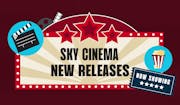10 brilliant book-adapted movies & film series
Don’t be mad if you’re favourite isn’t there, this isn’t a top 10 list…
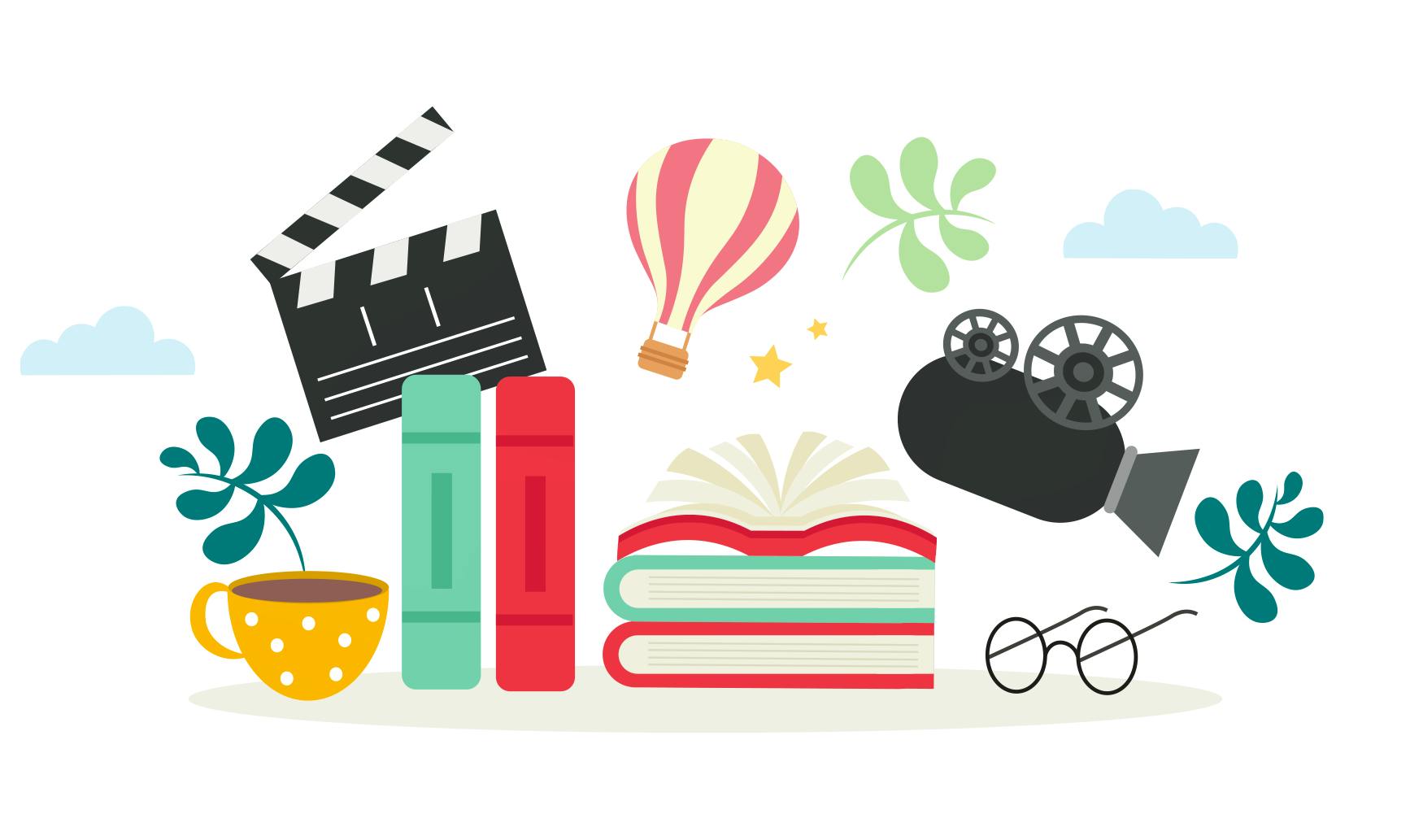
It’s not easy for screenwriters to continuously create completely original screenplays and scripts. Sometimes, it’s better to take a celebrated book, or one that deserves more recognition, and bring it to the big screen.
This has happened countless times over the years in Hollywood, with timeless novels adapted into box office success and instant classic movies.
In honour of National Read a Book Day, we have selected 10 great movies that were adapted from books.
And before you say it, yes we do see the irony in it. Just enjoy the list.
Lord of the Rings
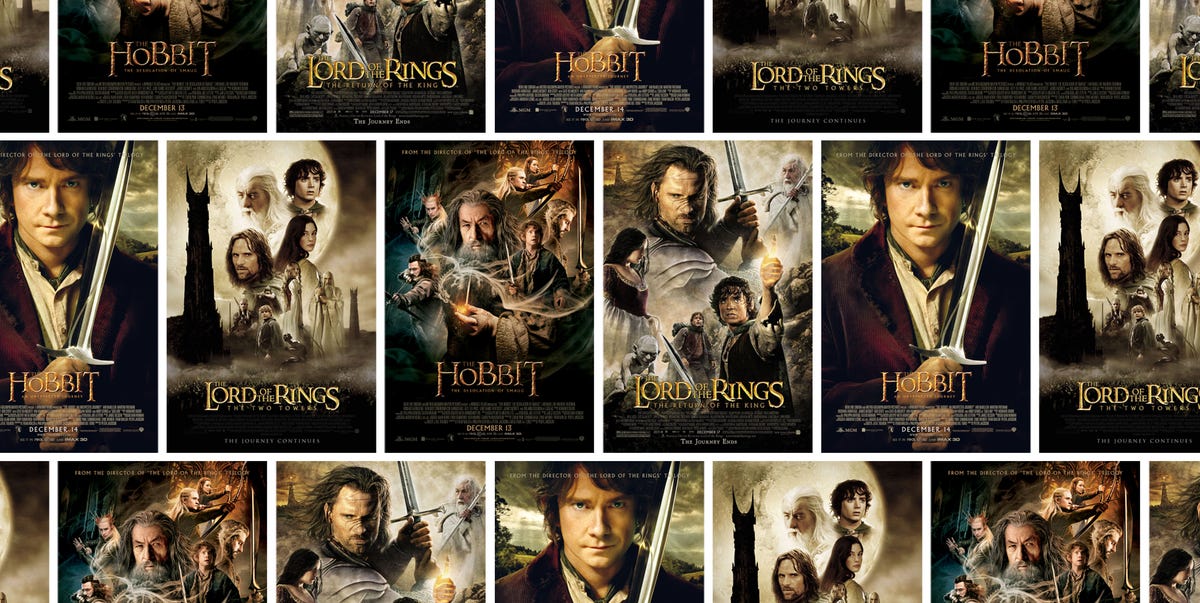
The original The Hobbit novel was published in 1937 and was celebrated as a wonderful piece of work. After its success, the publishers requested a sequel, which spawned The Lord of the Rings, which would then be split into three volumes.
In 2001, director Peter Jackson released the first film of the trilogy, The Fellowship of the Ring, followed by The Two Towers in 2002 and The Return of the King in 2003.
The films were instant hits, and over the three years earned just shy of $3 billion at the box office.
Nine years after the third instalment, Jackson returned to the series to make the prequels, bringing to life The Hobbit, once again over three films - An Unexpected Journey (2012), The Desolation of Smaug (2013), and The Battle of the Five Armies (2014).
No Country For Old Men

Cormac McCarthy is regarded as one of the greatest American novelists of all time and was known for his unique writing style. Many of his books have been adapted into films, but No Country for Old Men is the most successful book-adapted movie of his.
The film stars celebrated actors Tommy Lee Jones, Josh Brolin, and Javier Bardem. Bardem’s portrayal of the antagonist hitman Anton Chigurh is bone-chilling while Tommy Lee Jones’ turn as Sheriff Ed Tom Bell seems like the character was written for him.
It did very well during award season; four Academy Awards including Best Picture, three BAFTAs, and two Golden Globes. At the box office, it grossed $171 million worldwide from the $25 million production budget.
Dune
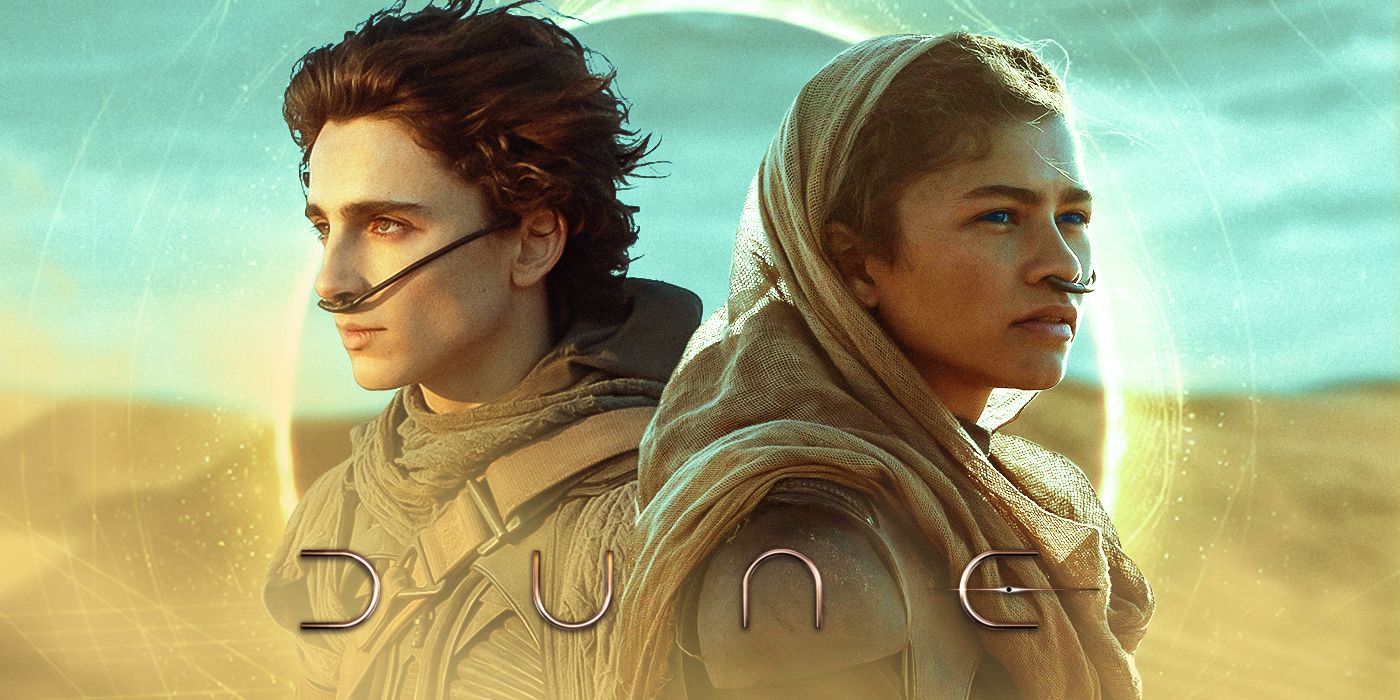
The Dune Chronicles is a series of five novels written by Frank Herbert, originating with the first book simply named Dune in 1965.
Dune is one of the best-selling science fiction novels in history and won multiple awards, such as the inaugural Nebula Award for Best Novel and the Hugo Award (award for the best sci-fi or fantasy work).
There have been multiple movie or TV depictions of the book, starting with 1984s Dune film, although this movie is often buried due to bombing at the box office.
Dune has made its way back into the mainstream public in recent years with the latest film adaptations that feature a blockbuster cast including Zendaya, Timothy Chalamet, Rebecca Ferguson, Oscar Isaac, Jason Mamoa, Dave Bautista, Javier Bardem, and many more.
This latest attempt at bringing Herbert’s work to life was much more successful than the previous version, earning $402 million at the box office, winning numerous awards, and being considered as one of the best sci-fi films of the 21st century.
A direct sequel named Dune: Part Two is set for release in March 2024.
Pride and Prejudice
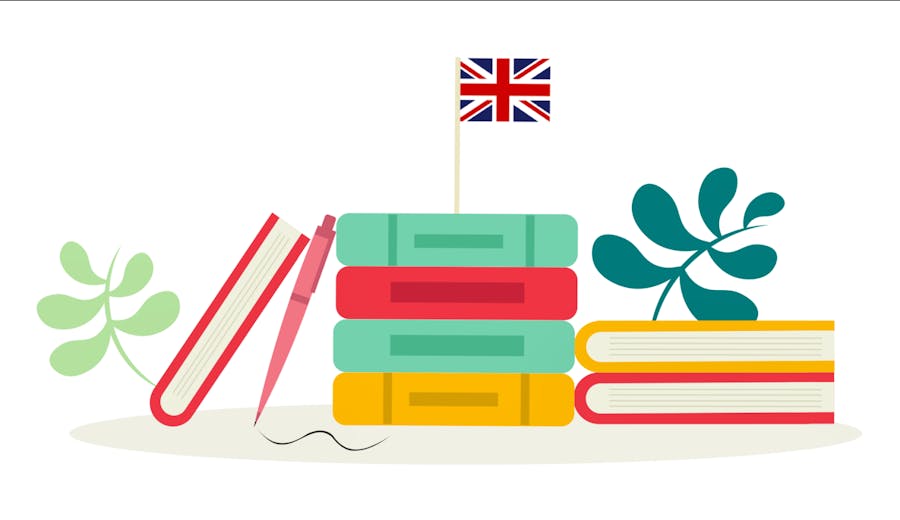
When Jane Austen wrote Pride and Prejudice back in 1813, she would not have envisioned what was to come for this now-iconic and celebrated piece of literature.
It serves as an inspiration for many romance authors and writers as a whole, telling a beautiful story that is studied still to this day.
Over the past century, the story has been retold in many different forms, including films and TV shows - the most successful of which being 2005s Pride and Prejudice starring Keira Knightley and Matthew Macfadyen.
It earned $121 million worldwide at the box office and received many awards and nominations, including Knightley being nominated for Best Actress at just 20 years of age.
The Color Purple

The Color Purple was written by Alice Walker in 1982 as an epistolary novel, which refers to the story being written as a series of letters between the characters in the story.
Despite winning a Pulitzer Prize for Fiction and National Book Award for Fiction, it has been a consistent target of censors due to the sometimes explicit content, in particular the violence.
But it is exactly that reason why the book is celebrated by many, as it depicts the gruesome truth of racism and abuse, doing so in a manner which some may find difficult yet it still needs to be documented in this way.
In 1985, it was turned into a film directed by Steven Spielberg, who had turned away from his usual summer blockbusters for this project.
He employed the skills of Whoopi Goldberg, who made her acting breakthrough with the role, along with Danny Glover, Oprah Winfrey, Margaret Avery, and a score from the legendary Quincy Jones.
The film was and still is praised for not shying away from the difficult themes as well as the acting from all, in particular Goldberg’s performance. It was nominated for many awards, including Best Picture, Best Actress and Best Supporting Actress.
To Kill a Mockingbird
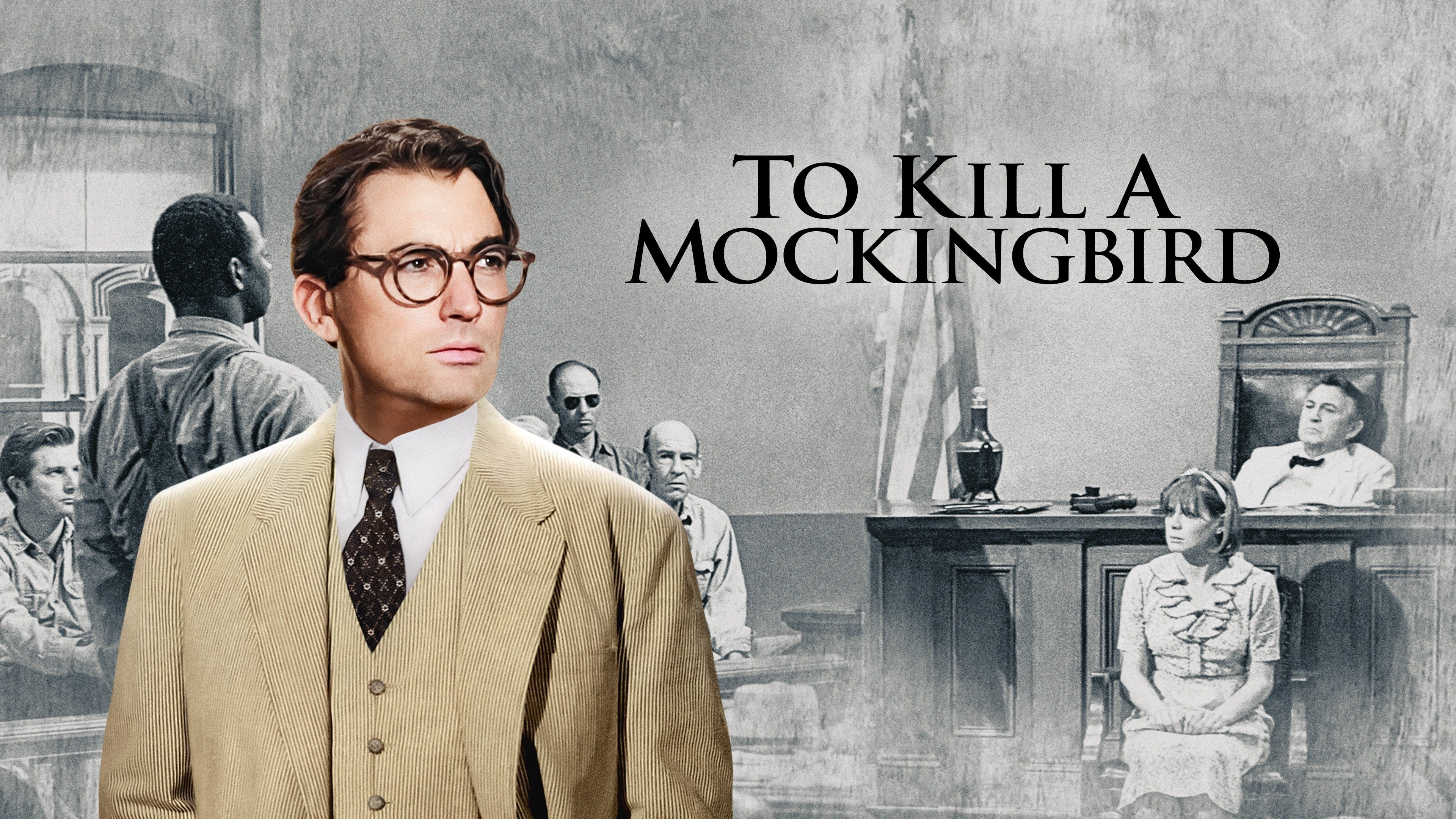
We all should know To Kill a Mockingbird, as it’s still used in classrooms today when studying English Literature - and for good reason.
The book is the perfect blend of serious topics and themes whilst still keeping light-hearted enough for teenagers and classroom reading.
While the novel itself, published in 1960, was an almost instant success, the ensuing film in 1962 helped to raise its popularity.
The film earned an overwhelmingly positive response from the public and critics alike, earning plaudits at the 1963 Academy Awards including a Best Actor win for Gregory Peck and a Best Picture nomination (it would have won if it weren’t for the release of the eternal classic Lawrence of Arabia the same year).
Author Harper Lee hit the nail on the head with this one, so much so that she only wrote one other novel in her lifetime; Go Set a Watchman, which was written before To Kill a Mockingbird wasn’t published until 2015, one year before her death.
Room

Room, written by Emma Donoghue, is a harrowing story that was conceived after Donoghue heard about the Fritzl case (which we won’t detail here).
The story she wrote is emotional and ambiguous and tells a variation of the real-life story that details the difficulties of the situation in a different light to that of what was being reported in the news.
It was adapted into a film in 2015, starring Brie Larson and Jacob Tremblay. It takes on a slightly more hopeful approach to the book whilst still holding the distressing nature of the book.
Larson ended up winning Best Actress at the 2016 Academy Awards for her portrayal, while the film itself was nominated for Best Picture.
It
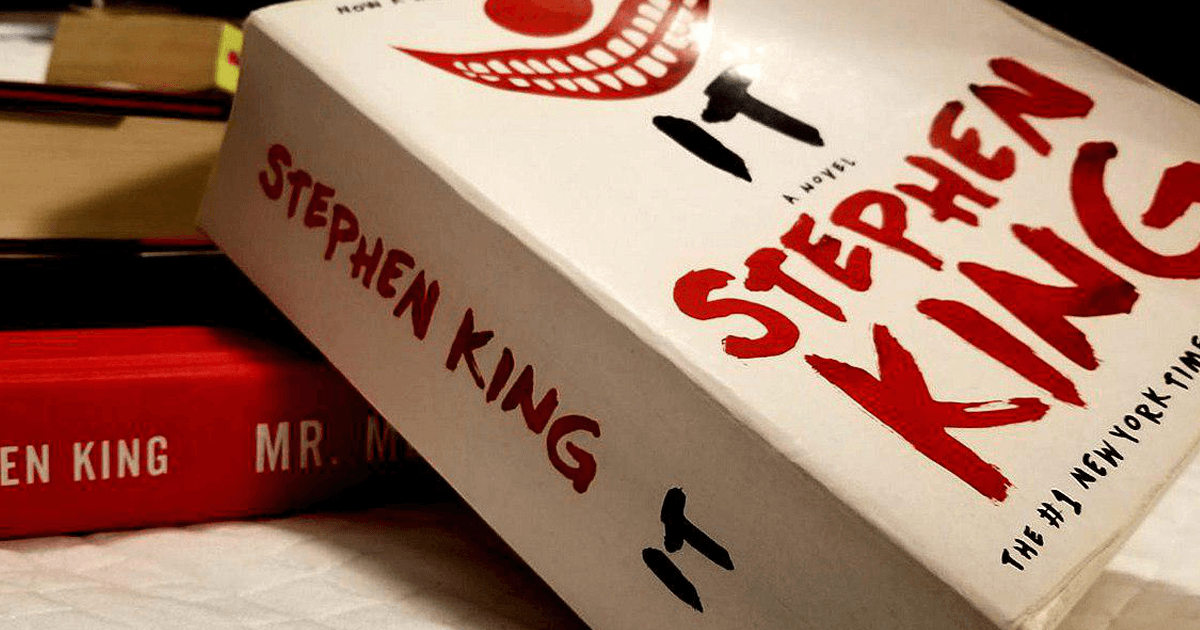
Stephen King is the ‘King of Horror’ for a reason, and It is a brilliant example of his mastery of the genre.
Released in 1986, it is one of the original novels that displayed the concurrent themes of his books, being the power of memory, childhood trauma and its effects later in adult life, and overcoming evil through the power of trust and sacrifice.
It Chapter One was released in 2017 as part of a two-part film adaptation, with It Chapter Two coming out in 2019.
The first film was a commercial success, garnering $701million worldwide at the box office and becoming the highest-grossing horror film of all time (unadjusted for inflation).
It was also a critical success, with many praising its performances, score, and cinematography, calling it one of King’s best adaptations.
The second film wasn’t as well received but still made a respectable $473 million worldwide at the box office.
Charlie and the Chocolate Factory
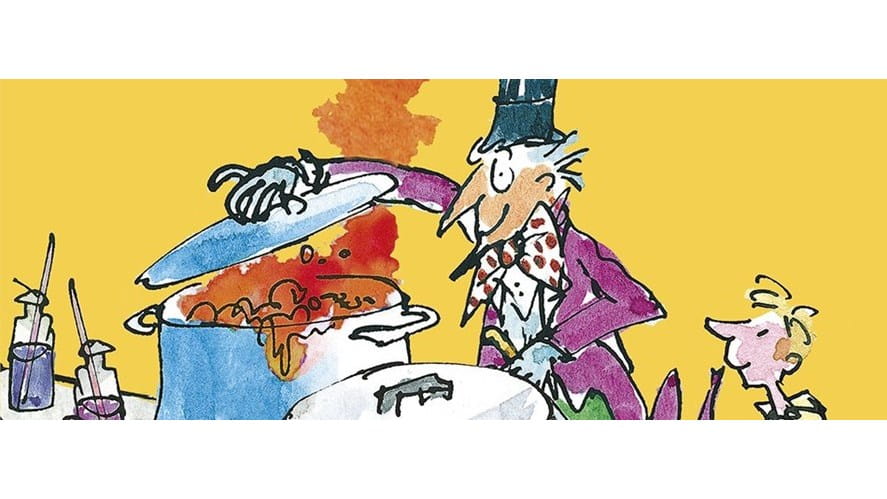
We can’t mention the best book-adapted films without mentioning the late Roald Dahl, the celebrated children’s author who brought the world many beloved stories. He is regarded as one of the greatest storytellers for children in the 20th century and for good reason.
There are plenty of stories that we could choose from out of his catalogue, but Charlie and the Chocolate Factory gets the pick here as it will be getting yet another movie adaptation soon.
Charlie and the Chocolate Factory derives from Dahl's boyhood, who lived through the formative times of chocolate production in Britain, and as such the secrecy behind it.
The story is playful for children but with undertones that only adults would get. Nevertheless, it is a great read and an even better film.
The first film was Willy Wonka & the Chocolate Factory from 1971, starring Gene Wilder as the titular character. Despite not being a big financial success, it is recognised as an all-time classic.
The second adaptation came in 2005, named the same as the novel, and starred the excellent Johnny Depp as Wonka. This time round it was a big hit, earning $475 million worldwide.
Harry Potter
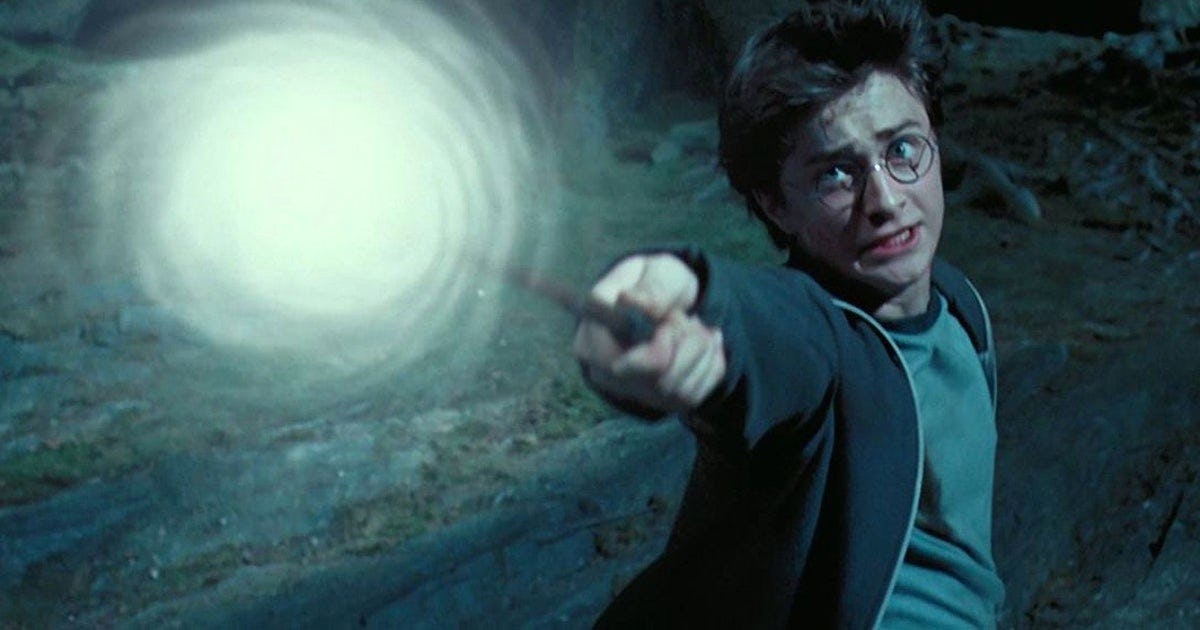
Of course, we didn’t forget about Harry Potter. We just wanted to make you sweat a bit.
You can’t list some brilliant book-adapted movies without mentioning Harry Potter. The whole Wizarding World franchise is one of the highest-grossing media franchises of all time, having a total revenue of $34.5 billion across the novels, movies, merchandise, stage play, studios and more.
The books were almost instantly adored by all, and as of earlier this year, the book series has sold over 600 million copies worldwide, making it the best-selling book series in history.
This turned into an equally successful movie franchise, which has grossed $7.7billion worldwide. The final instalment itself grossed over $1billion, putting it in the top 50 highest-grossing films of all time.
There’s not much more we have to put for this entry. You know Harry Potter, we all do, and if this were a top 10 list, it would likely rank number one.









